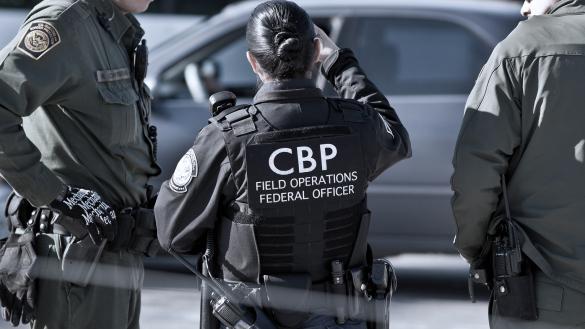The enforcement of immigration laws is a complex and hotly-debated topic. Learn more about the costs of immigration enforcement and the ways in which the U.S. can enforce our immigration laws humanely and in a manner that ensures due process.
Recent Features
There are serious concerns that rapid expansion will bring about a resurgence of problems in the Border Patrol and also cause similar problems in ICE.
FACT SHEET
Expedited removal is a process by which low-level immigration officers can quickly deport certain noncitizens who are undocumented or have committed fraud or misrepresentation.





